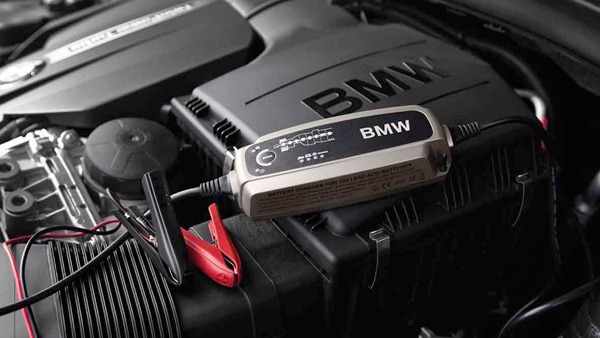Temperature Effects on 12v Batteries
Nominal battery performance is usually specified for working temperatures somewhere between 20°C and 30°C. The performance and indeed life of a battery can be seriously affected by the onset of extreme temperatures and, despite many consumer beliefs, heat is as big a cause of battery failure as is cold. Let’s look at the Temperature Effects on 12v Batteries.
Heat causes a battery’s fluid to evaporate which ultimately damages the internal structure of the battery. The voltage indicator is a component that is often affected early on by heat and when this fails to function effectively it allows the battery to operate and charge at too high a rate, thus leading to a loss of electrolytes which in turn causes either permanent damage or complete failure of the battery.
The hotter the battery, the faster chemical reactions will occur. High temperatures can therefore at times provide increased performance, but at the same time, the rate of the unwanted chemical reactions will increase resulting in a corresponding loss of battery life. Tests have shown that the self-discharge rate of a battery doubles with each 10°C increase in temperature.
Indeed, there are more road service calls in cold weather for dead batteries that cause starting failure. That’s when a battery’s output is diminished because of sluggish electro-chemical action that gives the battery its power. Also, colder temperatures increase the thickness of the engine oil, making the engine harder to turn over. These factors lead to harder starting consequently placing extra strain on the battery causing for a shorter life.
Charge on a regular basis and save on 12v battery costs. Try out the MXS 5.0 from CTEK.
Read the review on Motoroids.com








